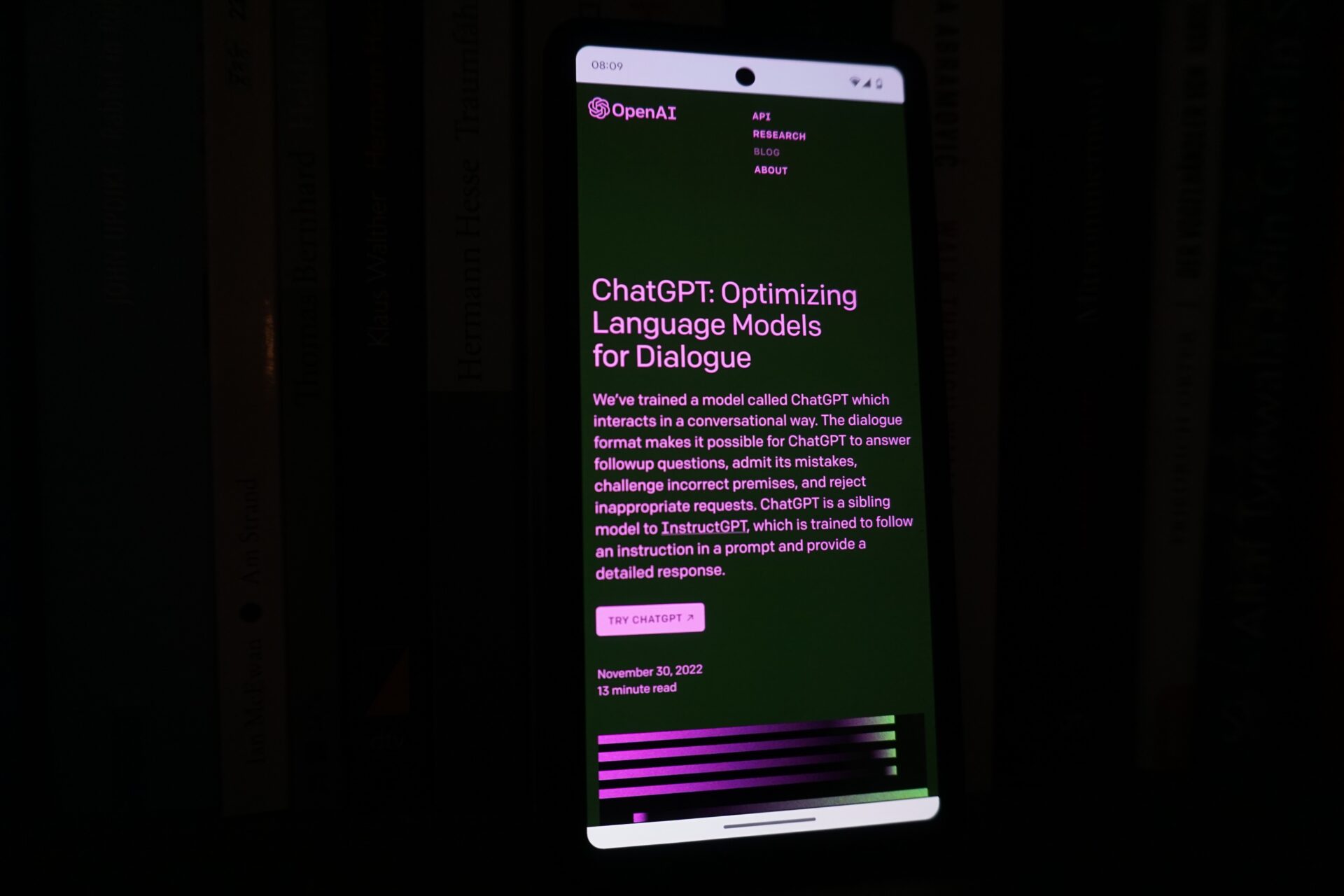How to Quiet a Generator
Generators are essential pieces of equipment for many people, but they can also be noisy. If you’re looking for ways to quiet a generator, there are a few things you can do.
First, try to find a generator that is designed to be quiet. There are a number of different brands and models of quiet generators available, so you should be able to find one that meets your needs.
Once you’ve chosen a quiet generator, there are a few things you can do to make it even quieter.
First, try to place the generator as far away from your house as possible. This will help to reduce the amount of noise that travels into your home.
You can also try to insulate the generator. This will help to keep the noise inside the generator, and it will also help to keep the generator cooler.
Finally, you can try to use a noise-reducing enclosure for the generator. These enclosures are designed to block out noise, and they can make a significant difference in the amount of noise that the generator produces.
If you’re looking for a way to quiet a generator, there are a few things you can do. By following these tips, you can reduce the amount of noise that the generator produces, and you can enjoy a quieter environment.
What is a generator?
A generator is a machine that converts mechanical energy into electrical energy. Generators are used to generate electricity for a variety of purposes, including powering homes, businesses, and other buildings. Generators can also be used to power portable devices, such as generators, lights, and tools.
III. Why do generators make noise?
Generators make noise for a number of reasons. The most common cause of noise is the engine. The engine needs to be able to produce a lot of power in order to generate electricity, and this can create a lot of noise. Other sources of noise include the alternator, the fuel pump, and the exhaust system.
The type of generator you have will also affect how much noise it makes. Portable generators are typically louder than stationary generators because they have smaller engines. Additionally, generators that are not properly maintained can be louder than those that are.
Here are some specific examples of the different types of noise that generators can make:
- Engine noise: This is the most common type of noise that generators make. It is caused by the pistons moving up and down in the cylinders.
- Alternator noise: The alternator is responsible for generating the electricity that the generator produces. It can make a high-pitched whining sound.
- Fuel pump noise: The fuel pump is responsible for supplying fuel to the engine. It can make a buzzing or humming sound.
- Exhaust noise: The exhaust system is responsible for removing exhaust gases from the engine. It can make a rumbling or popping sound.
The amount of noise that a generator makes can vary depending on a number of factors, including the size of the engine, the type of generator, and the condition of the generator.
How to quiet a generatorGenerators are essential for providing power in emergencies or when there is no other source of electricity. However, they can also be very noisy, which can be a major problem for people who live near them or who need to use them in a quiet environment.
There are a number of things that you can do to quiet a generator, including:
- Install a muffler or sound enclosure
- Use a generator that is designed to be quiet
- Place the generator on a solid surface
- Keep the generator well-maintained
By following these tips, you can significantly reduce the noise of your generator and make it more tolerable to those around you.
Tips for quieting a generator
Here are some tips for quieting a generator:
* **Choose a quiet generator.** When shopping for a generator, be sure to read the noise specifications. Look for a generator that has a noise rating of 60 decibels or less.
* **Install the generator on a solid surface.** A generator that is placed on a soft surface, such as grass or dirt, will vibrate more and produce more noise.
* **Use a muffler.** A muffler can help to reduce the noise output of a generator.
* **Keep the generator well-maintained.** A generator that is not properly maintained will be louder than a generator that is properly maintained.
* **Run the generator at a lower speed.** The faster a generator runs, the louder it will be. Running the generator at a lower speed will help to reduce the noise output.
* **Use a generator enclosure.** A generator enclosure can help to block the noise from the generator.
These are just a few tips for quieting a generator. By following these tips, you can reduce the noise output of your generator and make it more comfortable to use.
VI. Things to avoid when quieting a generator
When trying to quiet a generator, there are a few things to avoid doing. These include:
- Overloading the generator
- Using the wrong type of fuel
- Running the generator at high speeds
- Installing the generator in a confined space
By avoiding these things, you can help to keep your generator running quietly and efficiently.
VII. Conclusion
In this guide, we have discussed how to quiet a generator. We have covered the different types of generators, the factors that affect noise, and the steps you can take to reduce the noise of your generator. We hope this guide has been helpful. If you have any further questions, please do not hesitate to contact us.
IX. FAQs
Q: What is the quietest generator?
A: There is no one-size-fits-all answer to this question, as the quietest generator for you will depend on your specific needs and budget. However, some of the quietest generators on the market include the Honda EU2200i, the Generac iQ2000, and the Yamaha EF2000iS.
Q: How much does it cost to quiet a generator?
The cost of quieting a generator will vary depending on the size and type of generator you have, as well as the methods you use to quiet it. However, you can expect to pay anywhere from a few hundred dollars to a few thousand dollars.
Q: What are the best ways to quiet a generator?
There are a number of ways to quiet a generator, including:
- Using a soundproof enclosure
- Installing a muffler or exhaust silencer
- Using a generator pad or vibration dampener
- Adding insulation to the generator
- Using a generator cover
Q: What are the things to avoid when quieting a generator?
When quieting a generator, it is important to avoid:
- Using materials that are flammable or combustible
- Blocking the air intake or exhaust ports
- Overloading the generator
- Using the generator in an enclosed space
Q: What are the safety risks associated with generators?
Generators can pose a number of safety risks, including:
- Electric shock
- Carbon monoxide poisoning
- Fire
- Explosion
It is important to read and understand the owner’s manual for your generator and to follow all safety precautions when operating it.
FAQs
Q: What is the quietest generator?
A: There is no one-size-fits-all answer to this question, as the quietest generator for you will depend on your specific needs and budget. However, some of the quietest generators on the market include the Honda EU2200i, the Yamaha EF2000iSH, and the Generac GP2200i.
Q: How much does it cost to quiet a generator?
A: The cost of quieting a generator will vary depending on the size and type of generator you have, as well as the methods you use to quiet it. However, you can expect to pay anywhere from a few hundred dollars to a few thousand dollars to quiet a generator.
Q: What are the best ways to quiet a generator?
A: There are a number of ways to quiet a generator, including using a muffler, insulating the generator, and using a soundproof enclosure.
Q: What are the disadvantages of quieting a generator?
A: There are a few potential disadvantages to quieting a generator, including reducing the generator’s power output, increasing the generator’s fuel consumption, and increasing the generator’s operating temperature.
Q: Is it worth it to quiet a generator?
A: Whether or not it is worth it to quiet a generator will depend on your specific needs and budget. If you need a quiet generator for a residential setting, then it is likely worth it to invest in a quieter model or to take steps to quiet your existing generator. However, if you only need a generator for occasional use in a commercial or industrial setting, then it may not be worth it to invest in a quieter model.

